VIJAY PRASHAD examines why in 2018 Washington started to take an increasingly belligerent stance towards ‘near peer rivals’ – Russa and China – with far-reaching geopolitical effects
Hundreds of women gather in London to discuss sex and gender
Earlier this week feminist campaign group Woman’s Place UK held its biggest meeting yet. ROS SITWELL reports
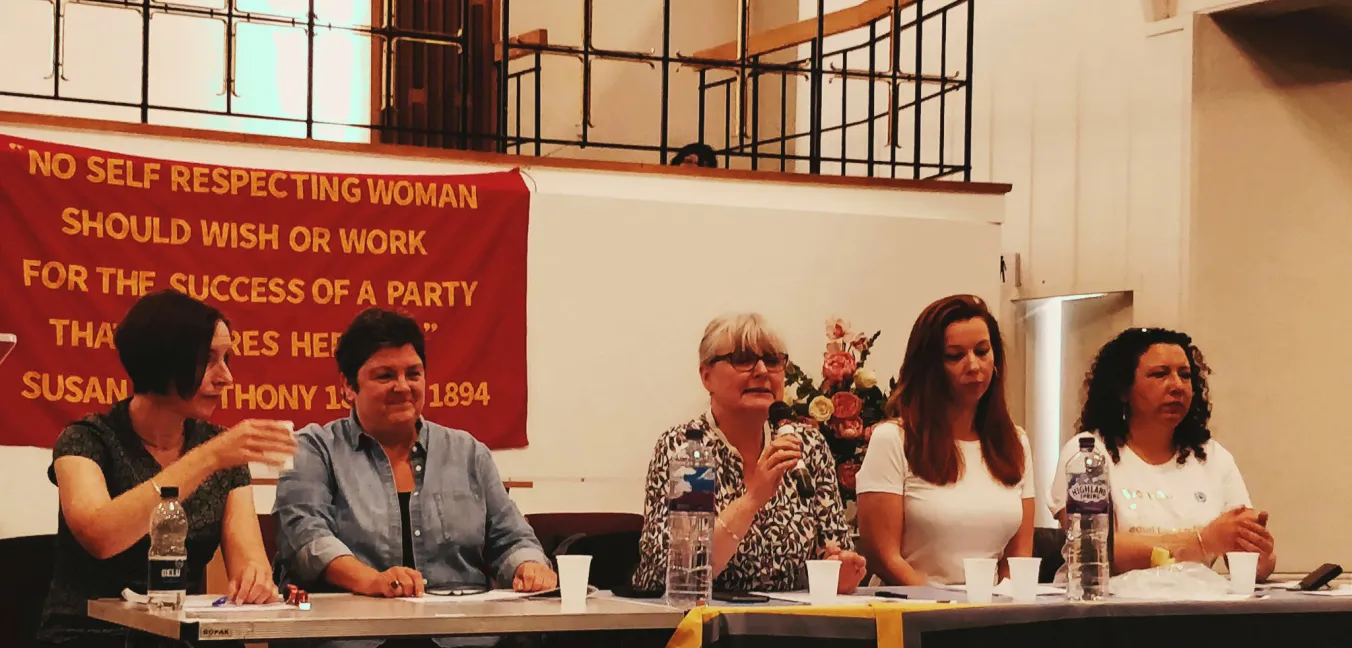
OVER 500 women’s rights activists packed into Bloomsbury Baptist Church in central London earlier this week for award-winning feminist group Women’s Place UK’s 22nd public meeting, held to launch its new manifesto.
The group was formed in September 2017 to discuss the potential impact of changes to the Gender Recognition Act which could allow people to self-identify their sex, and has been holding meetings up and down Britain with a range of speakers drawn from across civil society.
The lively meeting, punctuated by several standing ovations, had to be organised in secret, with the venue announced only on the day to prevent disruption from protesters.
More from this author

ROS SITWELL reports from a conference held in light of the closure of the Gender Identity and Development Service for children and young people, which explored what went wrong at the service and the evidence base for care
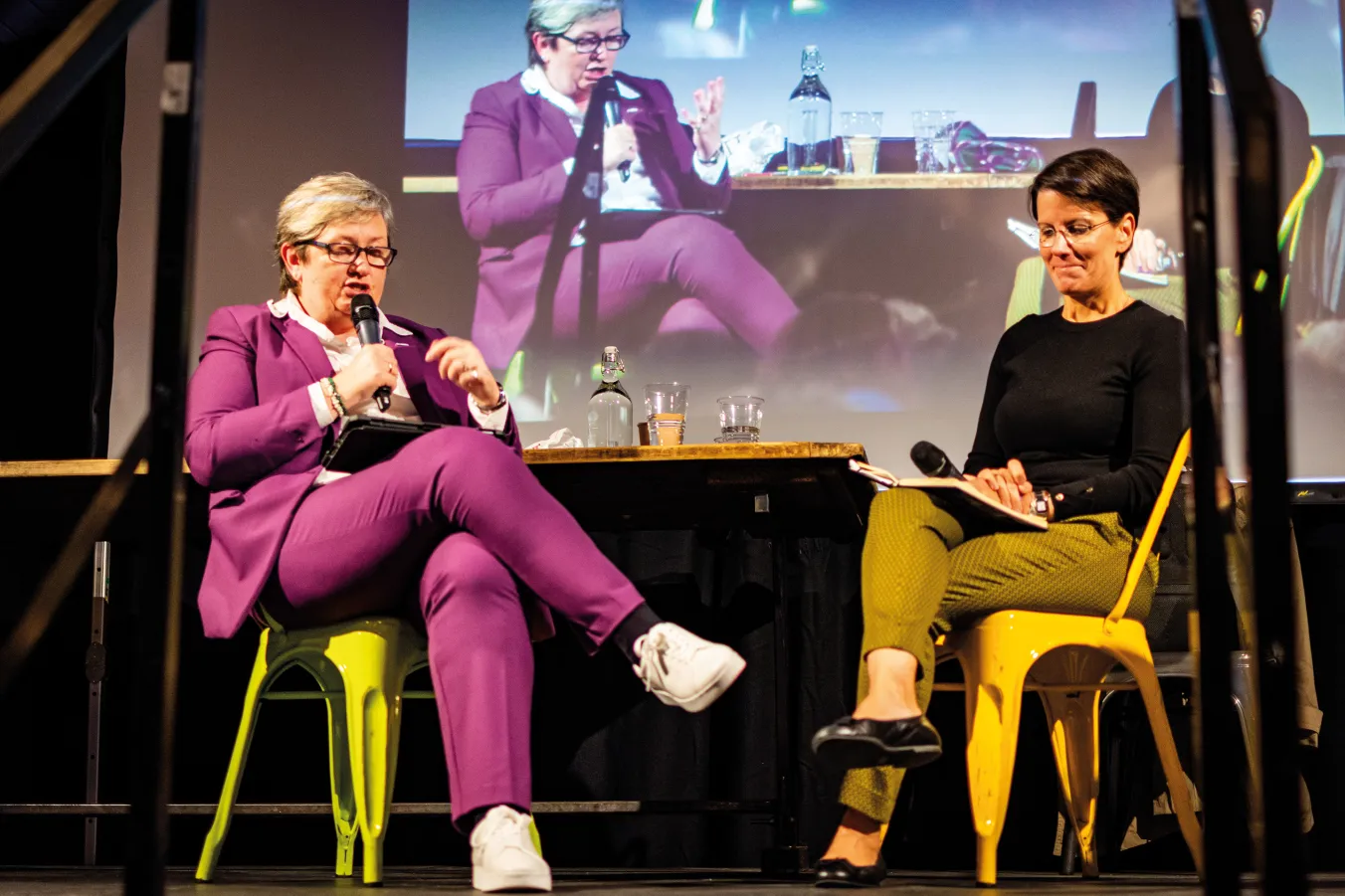
ROS SITWELL reports from the three-day FiLiA conference in Glasgow
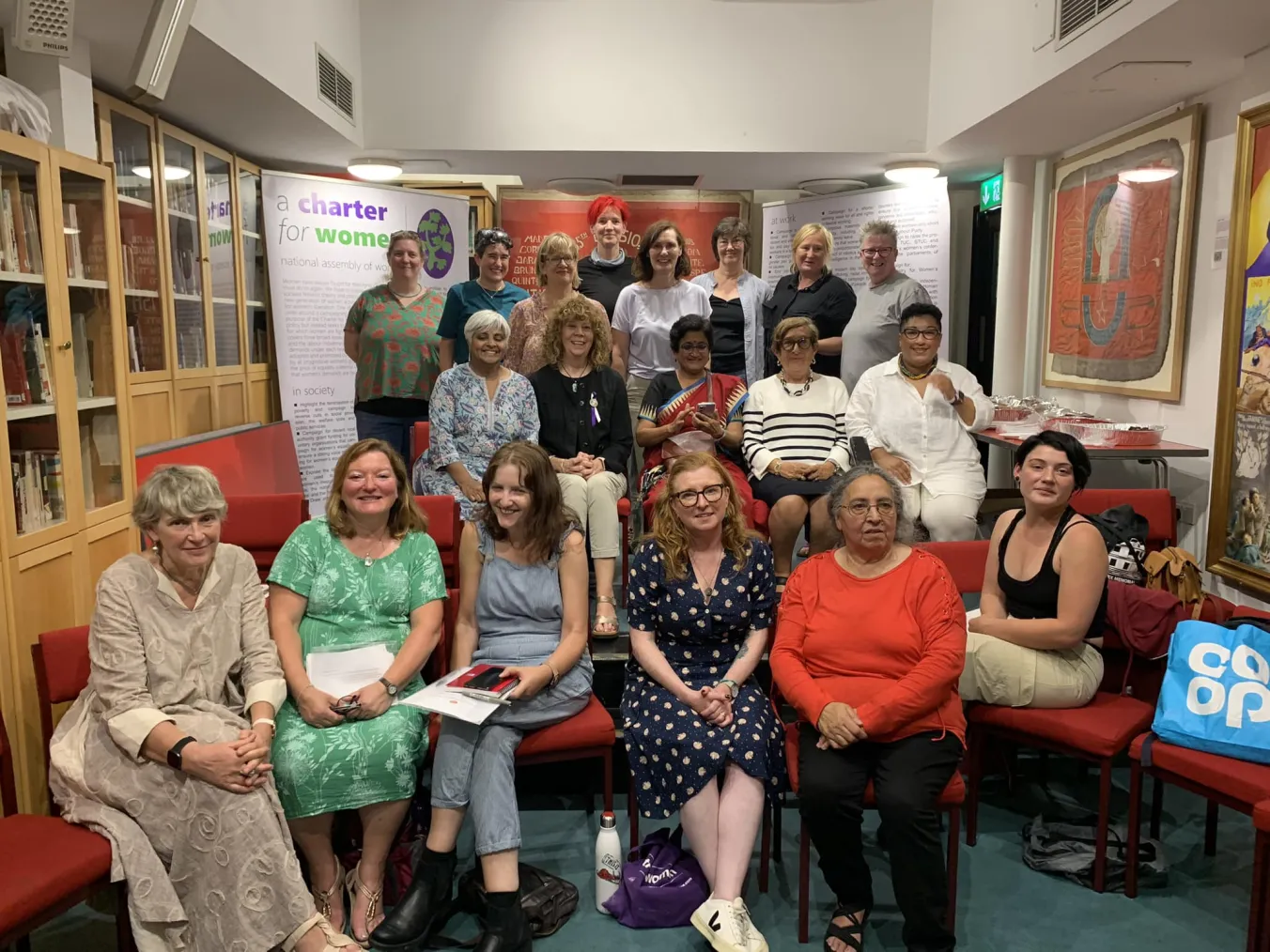
ROS SITWELL reports on a communist-initiated event aimed at building unity amid a revived women’s movement
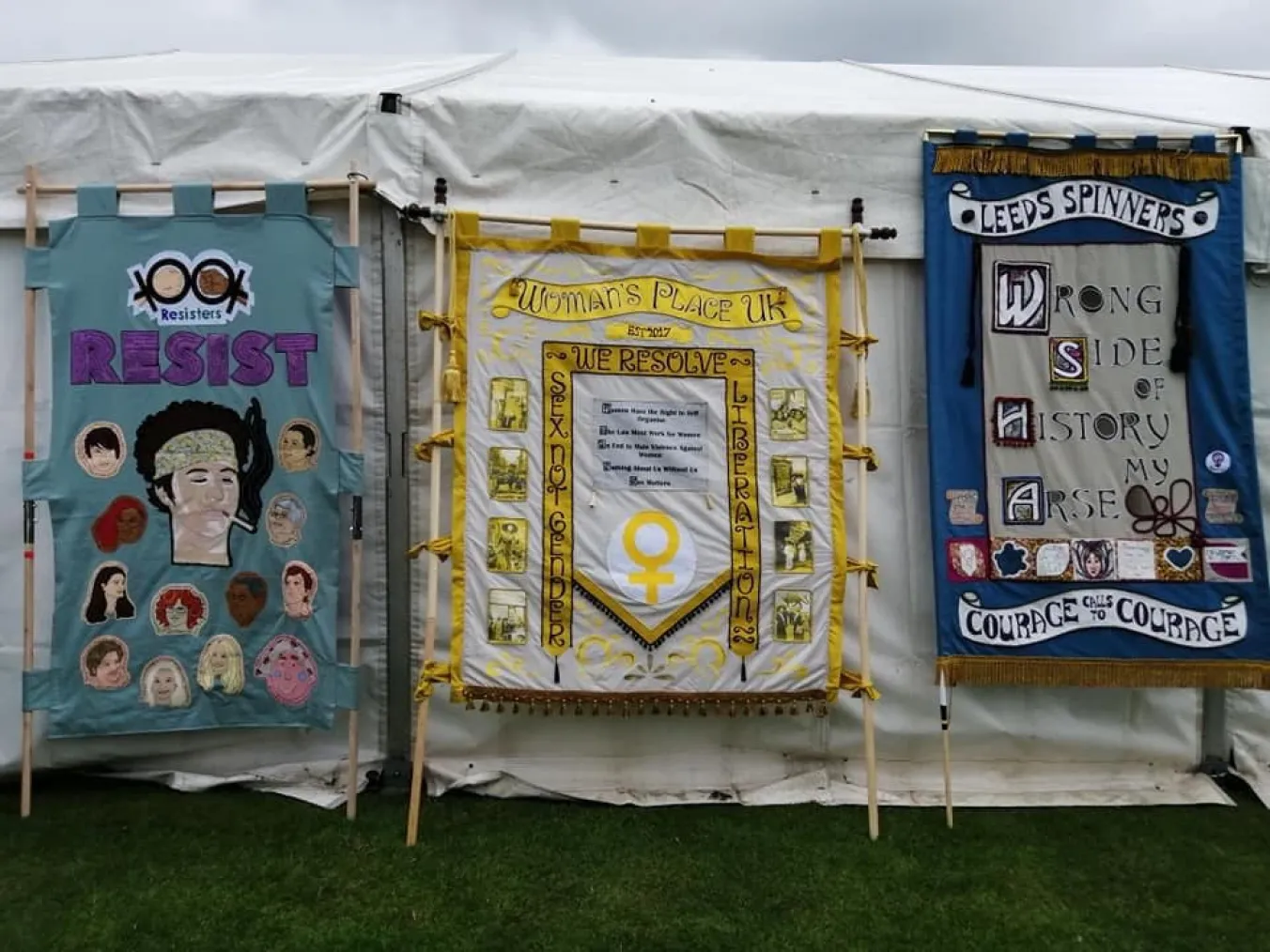
London conference hears women speak out on the consequences of self-ID in sport
Similar stories
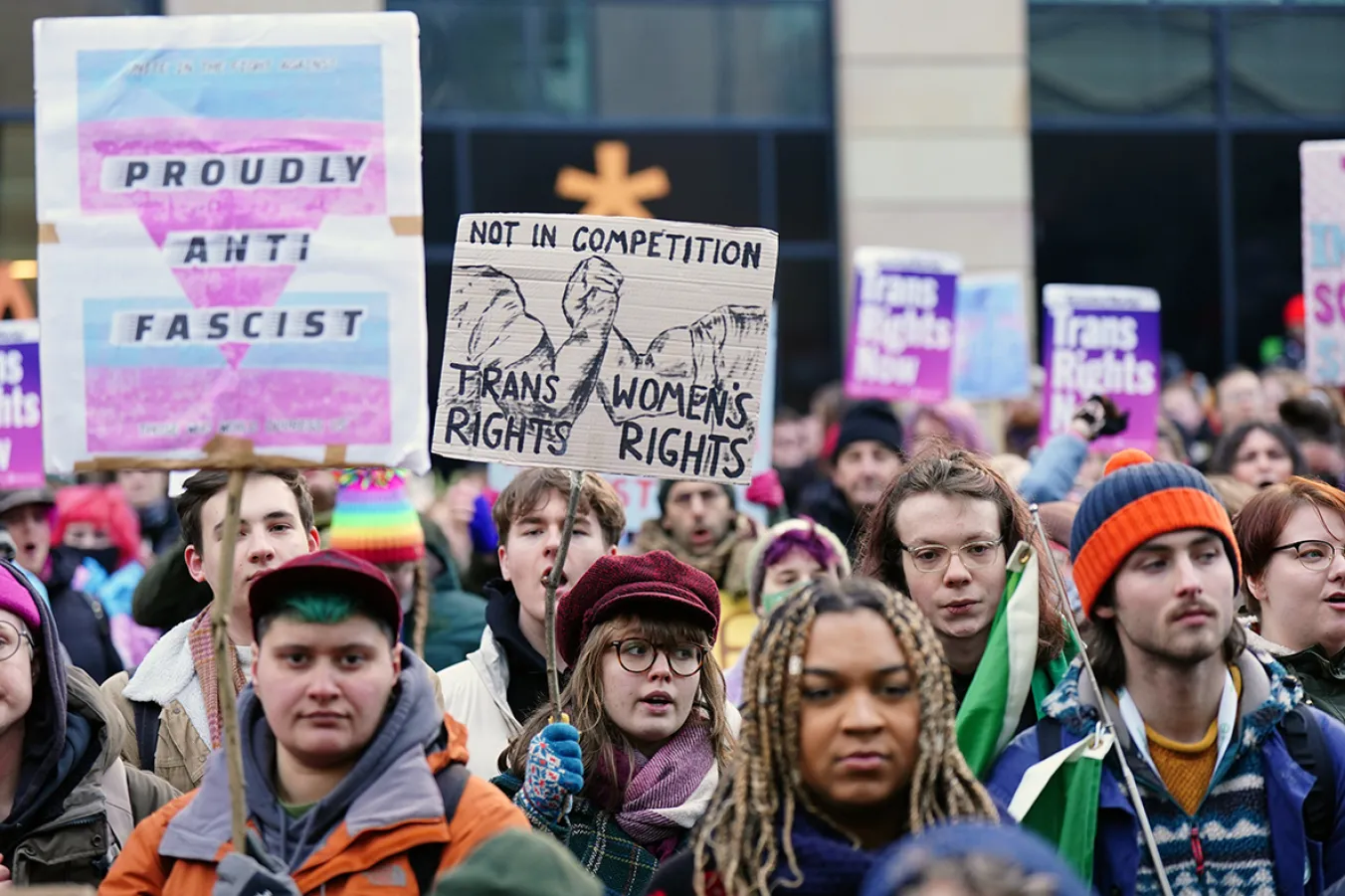
As the Establishment stokes a culture war against gender recognition — not in favour of it — the left must unite in support of the trans community, says TOM KING
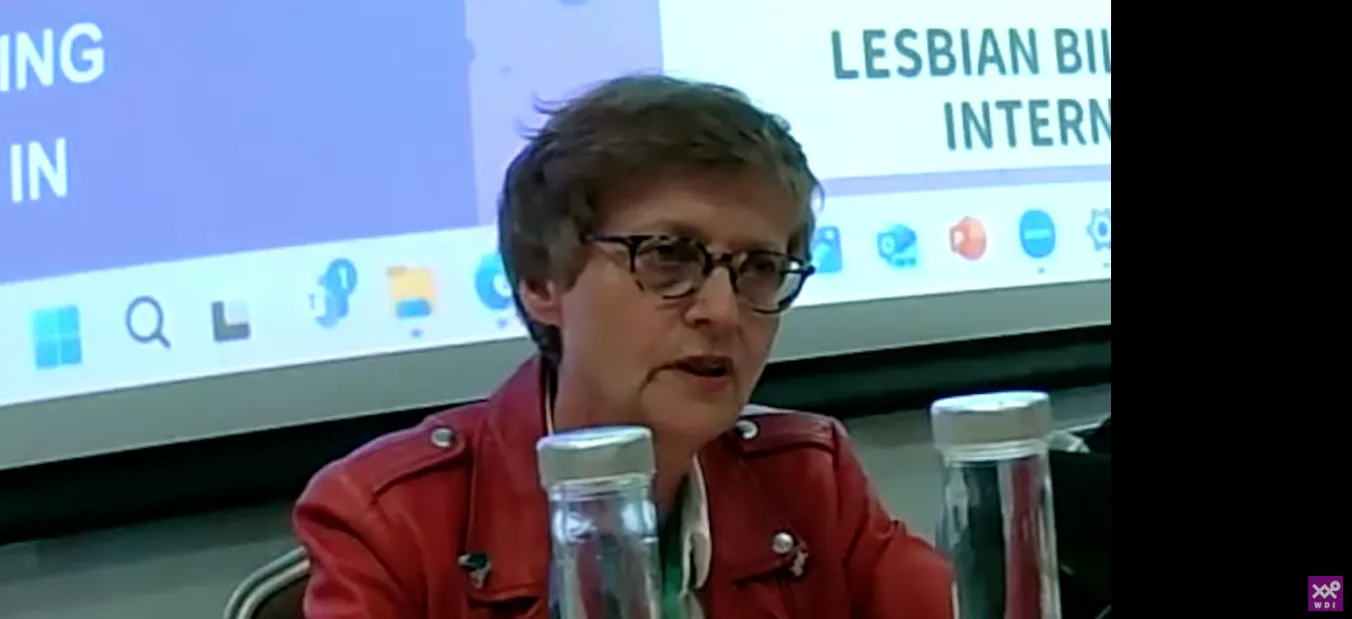
LYNNE WALSH reports from a recent conference in London organised by the Women’s Declaration International
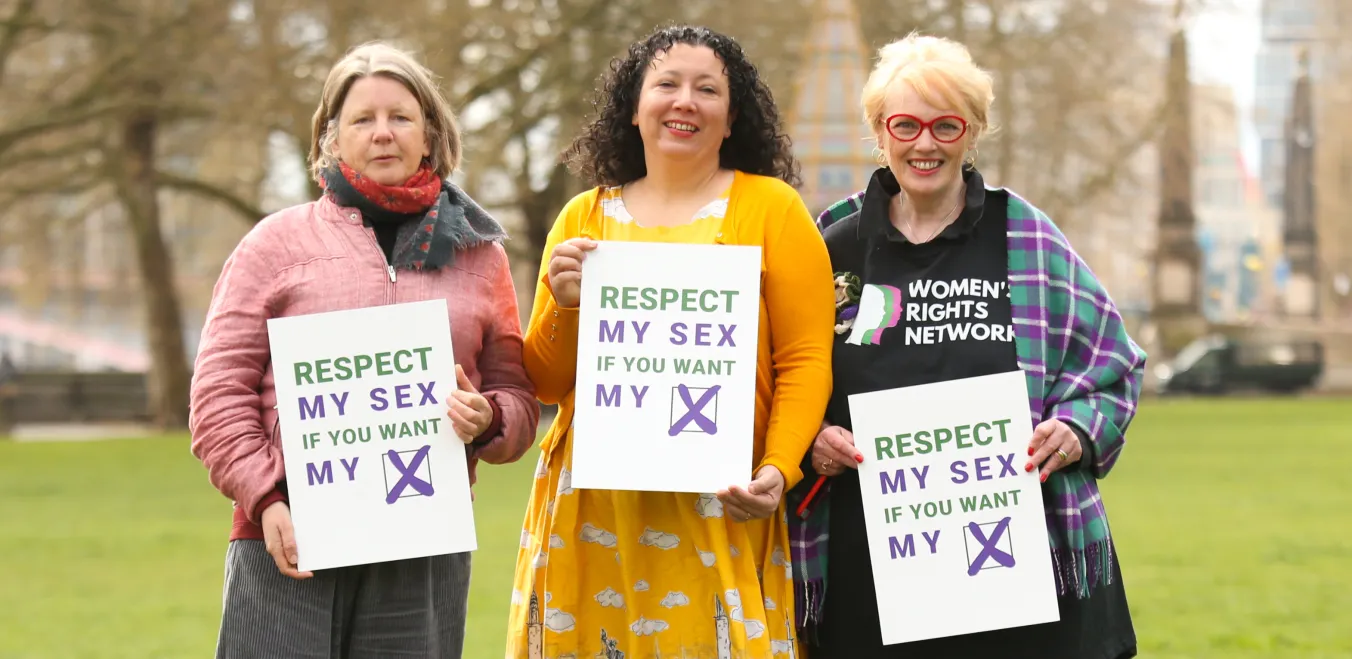
LYNNE WALSH reports on discussions among feminist campaigners and a recent Swansea University event
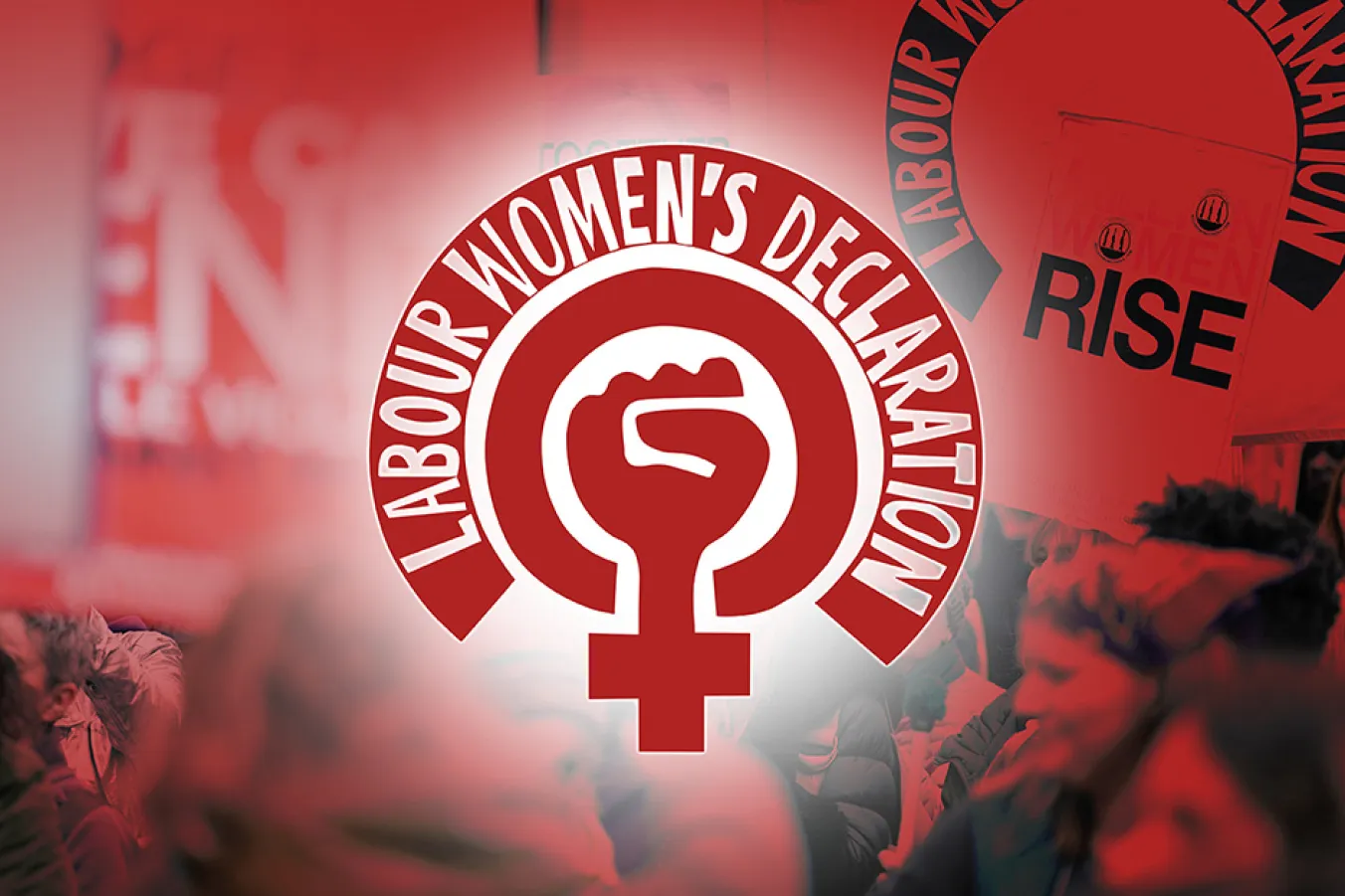
Labour Women’s Declaration responds to Labour’s 2024 manifesto









